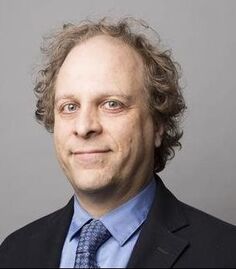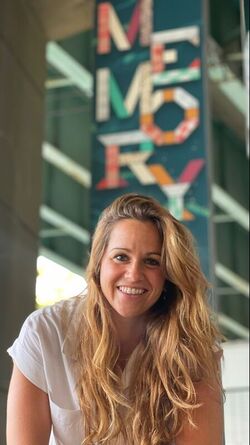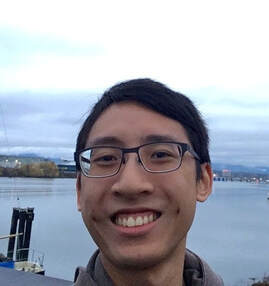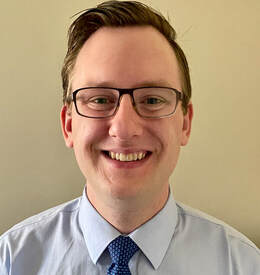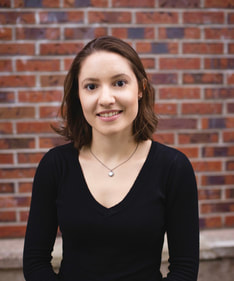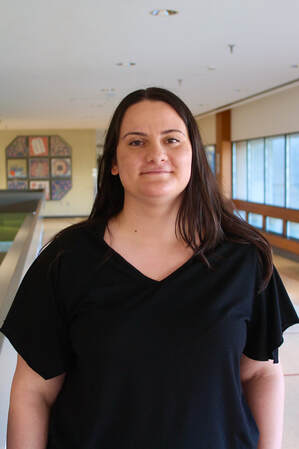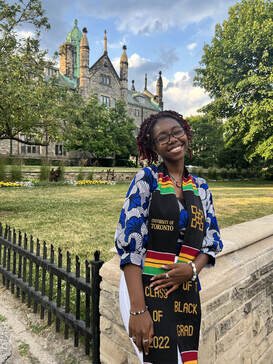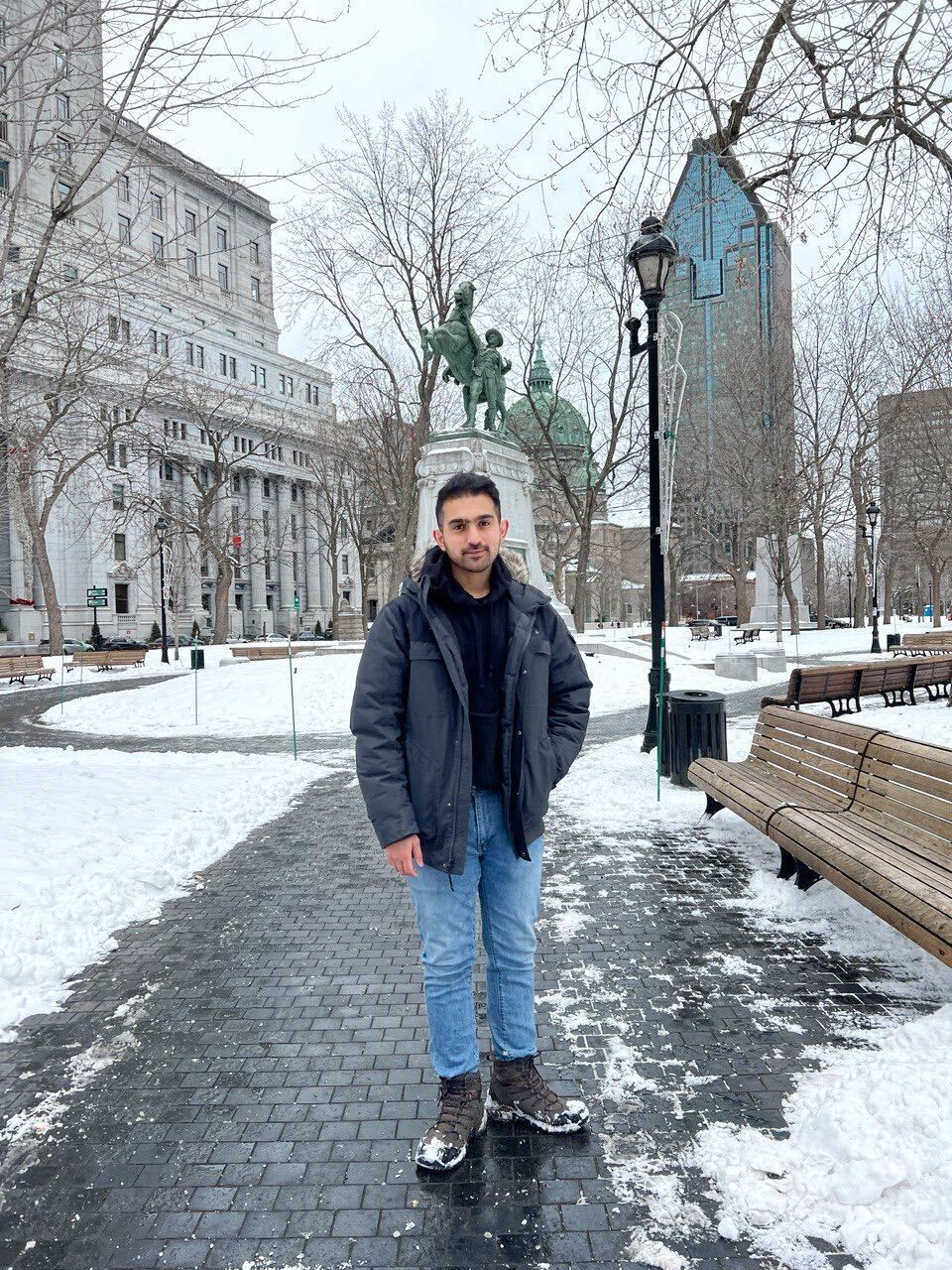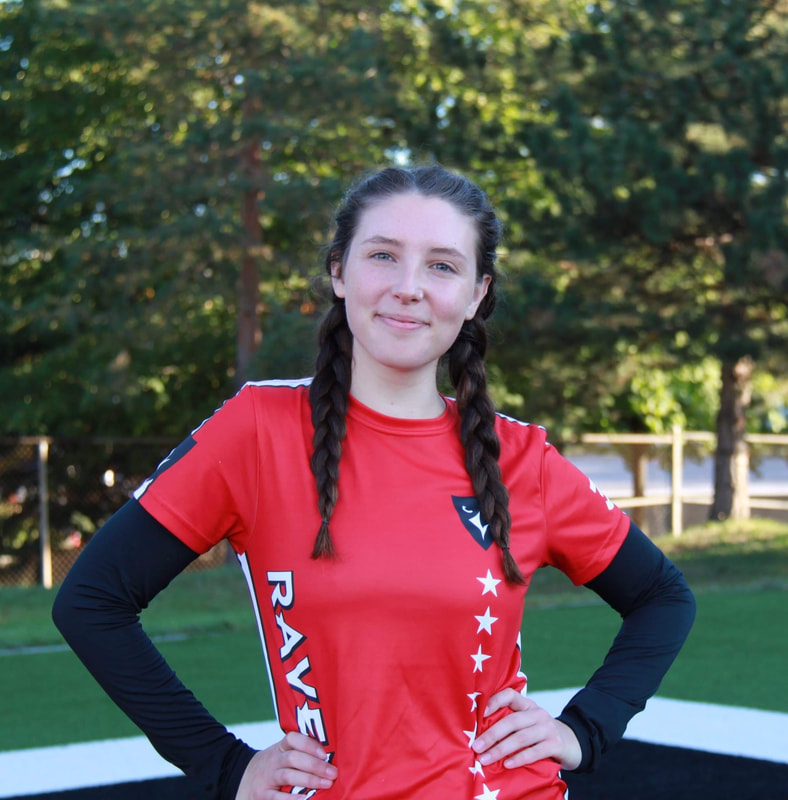Senior Scientist
Brian Levine, Ph.D., C.Psych., ABPP-cnSenior Scientist, Rotman Research Institute, Baycrest Health Sciences
Professor of Psychology and Medicine (Neurology), University of Toronto Dr. Brian Levine obtained his Ph.D. in 1991 from the University of South Florida and completed fellowships in clinical neuropsychology at McLean Hospital in Boston and cognitive neuroscience at the Rotman Research Institute. He has published over 180 peer reviewed scientific articles and chapters on memory, frontal lobe function, traumatic brain injury, aging, dementia, and rehabilitation as well as Mind and the Frontal Lobes: Cognition, Behavior, and Brain Imaging (2012, Oxford University Press) and Goal Management Training™ intervention for executive deficits (with Ian Robertson and Tom Manly). He is a fellow of the American Psychological Association and Association for Psychological Science and recipient of the 2015 International Neuropsychological Society's Benton award for mid-career research achievement. His research has been funded by federal agencies (CIHR, NIH) continuously for the past 23 years. Dr. Levine, a board-certified neuropsychologist, is clinically active, providing expert opinions in cases involving brain injury, dementia, and psychiatric disorders. Dr. Levine is frequently called upon to communicate research findings to health professionals and the general public. He has appeared in the New York Times, the Washington Post, CBC radio, USA Today, Psychology Today, Scientific American Mind, Wired, New York Magazine, and Discovery Health. |
Postdoctoral Fellows
Krista Mitchnick, Ph.D. (C.Psych., Supervised Practice)I obtained a PhD in Experimental Psychology and Neuroscience in 2018 from the University of Guelph (supervised by Dr. Boyer Winters), where my research focused on the neurobiology of learning and memory in rodents. Having always been torn between basic research and clinical work, I then completed a PhD in Clinical Psychology - Neuropsychology stream in 2023 at York University (supervised by Drs. R. Shayna Rosenbaum and Erez Freud). Here, my research took an interdisciplinary approach, assessing the involvement of individual hippocampal subfields in perception and memory using brain damaged case studies and rat lesion models. As part of my clinical training, I completed neuropsychological assessment practicum placements at Sunnybrook Hospital (Toronto) and the Community Head Injury Resource Services (Toronto), as well as a full year predoctoral residency in Clinical Neuropsychology at the London Health Sciences Centre (London, ON). As a postdoctoral fellow with Dr. Brian Levine, my research is centred around characterizing the neural correlates and functional outcomes of individual differences in autobiographical memory within various populations. Clinically, I am conducting neuropsychological assessments in private practice. Outside of my research and clinical work, I am an avid gym-goer and reader and love the outdoors. I am also wildly competitive when it comes to board games…
|
Ryan Yeung, Ph.D.I completed my PhD at the University of Waterloo in 2022, studying memories that spring to mind involuntarily. Known as recurrent or intrusive memories, I found that these memories were surprisingly common in daily life. Importantly, properties of these memories were systematically related to individual differences. For instance, the emotional quality and the content (i.e., what people report remembering) of these memories significantly predicted symptoms of mental health disorders such as depression, anxiety, and PTSD. In my postdoc, I hope to build on my past work by investigating cognitive and neural mechanisms of why emotional memories persist or fade away. I am particularly interested in hypotheses that emotional memories are enhanced due to their strong ability to evoke mental imagery; as such, emotional remembering might be modulated by individuals’ trait-level abilities to generate such imagery. Other research interests of mine include computational methods of analyzing autobiographical memories, such as natural language processing and machine learning. Outside of research, I’m a fan of hipster music, hipster tabletop role-playing games, and insisting that I’m not actually a hipster.
|
Matt McPhee, Ph.D., C.Psych. (Supervised Practice)
I completed my PhD in Clinical Psychology at the University of Toronto in 2022. During my PhD, my program of research included two prominent foci. The first area focused on examining the bidirectional relationship between response inhibition and alcohol use behaviours; that is, how alcohol produces state-like alterations of response inhibition and, conversely, how response inhibition ability predicts alcohol consumption. The second major focus of my research was centred on clinically-informed questions, such as examining the feasibility of innovative behavioural interventions for behavioural and psychological symptoms of dementia. I completed a pre-doctoral internship in neuropsychology at Baycrest, where my passion for clinically-informed research flourished. In my postdoctoral fellowship, I will continue to build my clinical research program by examining individual difference factors that predict real-world treatment effectiveness of the Goal Management Training intervention. In general, I am interested clinically-driven research that has potential to improve healthcare outcomes and delivery. Outside of research, I’m an avid baker, I’m always trying to learn something new, and I love spending time outside, surrounded by nature.
|
Graduate Student
Stephanie SimpsonI graduated from McGill University with an Honours B.Sc. in Psychology. For my Undergraduate thesis (supervised by Dr. Signy Sheldon), I worked on a project investigating how emotion affects the processes that underlie episodic memory retrieval in humans. Namely, I studied how transient mood states like happiness and sadness impact our ability to distinguish between similar items (i.e., pattern separation). To test the interaction between emotion and memory in a more real-life circumstance, we also examined the way positive and negative emotion impacts the recall of recent autobiographical events. These experiences helped foster my interest in other moderators of episodic memory (e.g., depression, sleep, individual differences), with the aim of using imaging technologies such as fMRI to better understand the neural substrates of episodic remembering. I am excited to begin my MA this year and hope to pursue these research avenues throughout the rest of my graduate studies in the Levine lab. Apart from the lab, I love reading fiction, travelling, listening to true-crime podcasts, watching live sports, and kayaking.
|
Research assistant
Graduate assistant
Tolu FaromikaI recently graduated from the Psychology Specialist Co-op program from the University of Toronto. I also minored in Biomedical Ethics because of my interest in the rules of conduct that exist in clinical settings. My undergraduate thesis (supervised by Professor Andy Lee) was on how spatial contexts influence the memory integration/separation process. I’ve had the opportunity to assist in other labs such as the UTSC Infant Lab and the Schachar Crosbie Lab at the Hospital for Sick Children during my undergraduate degree. In these labs, I assisted with research relating to motor development in children as well as the factors involved in neurodevelopmental disorders like ADHD, ASD, and OCD in adolescents, respectively. I’m excited to be part of the Levine Lab because of my personal research interest in memory and memory deficits. In my spare time, I can be found hosting the BrainCore Podcast, painting, or playing a few different instruments in a concert band!
|
Undergraduate assistants
Amina ShmanovaI am a third-year student at the University of Toronto with a Major in Cognitive Science and a minor in Computer Science and Psychology. My research interest revolves around the processes underlying human cognition and the understanding of how computer-based technologies can facilitate neuropsychological studies. I've had the opportunity to work and assist in labs such as Lingua Memoria at Baycrest Institute and UTSG Toronto Language and Cognition Lab. These experiences fostered my interest in the processes of formation and reactivation of conscious memories and the transformation of non-linguistic cognition into the verbal one. I hope to continue the exploration of cognitive processes through the Levine Lab. Outside of my academic interest, I enjoy reading literature and exploring new coffee places in Toronto.
|
Ali AbdolizadehI am graduating from the University of Toronto this year with an Honors B.Sc. in Neuroscience. During my undergrad studies, I completed a research project with Dr. Ishrat Husain at CAMH on the efficacy and acceptability of pharmacotherapy for comorbid anxiety symptoms in bipolar disorder. I also collaborated with his lab on the studies of suicide and cognition in bipolar disorder. I was fortunate enough to have an opportunity to research in the multimodal neuroimaging lab supervised by Dr. Ariel Graff at CAMH. My main project was investigation of the function of the glymphatic system in patients with schizophrenia using magnetic resonance spectroscopy (MRS). Working in Dr. Graff’s lab sparked my interest in the field of neuroimaging. In my master research project starting Fall 2022, I will obtain diffusion tensor image analysis along the perivascular space (DTI-ALPS) to further explore various features of the glymphatic system in schizophrenia. In Dr. Levine’s lab during Summer, I will mainly help the research team with preprocessing and analyzing the imaging data. Apart from the lab, I like techno music, reading, tarantino-like movies, and exploring the outdoors.
|
Jordyn BurnettI graduated from Carleton University with a B.Sc. in Cognitive Science and specialization in Biological Foundations. My undergraduate thesis (supervised by Dr. Jennifer Bruin) investigated the role of the aryl hydrocarbon receptor and hypoxia-inducible factor 1-alpha signalling pathways in response to short-term high fat diet feeding in mice. Simultaneously, in my final year of undergraduate studies, I was fortunate to receive a scholarship for the I-CUREUS (Internship-Carleton University Research Experience for Undergraduate Students) program. For this, I spearheaded a research project evaluating practice questions implemented through a computer tutor and the associated learning outcomes for Python-novices in computer programming education (supervised by Dr. Kasia Muldner). I have always been intrigued by the function and dysfunction of biological systems, and I’ve had the opportunity to collaborate with various research teams at SickKids Centre for Global Child Health and The Ottawa Hospital Research Institute. I am incredibly excited to join the Levine Lab. Outside of the lab, I can be found playing ultimate frisbee, trying to solve sudoku puzzles, running, and spending time with family and friends.
|
Summer Student
Zoé LabontéI recently graduated from York University with a Specialized Honours BA in psychology. I completed my Undergraduate Honours Thesis, supervised by Dr. Buddhika Bellana, on predicting depression by measuring valence in spontaneous thoughts. Through the use of free association tasks, I looked at the assessment of depression in our spontaneous thoughts. This project fostered my desire to pursue a career in clinical psychology and deepen my knowledge of psychological disorders. My experience as a research assistant at the BellanaLab also increased my interest in memory research and in particular the effects of memory impairment on cognitive processing. I'm delighted to be joining the Levine Lab as a summer research assistant, as it aligns with my interests in memory research. Outside the lab, I can be found watching movies, painting and listening to music!
|
